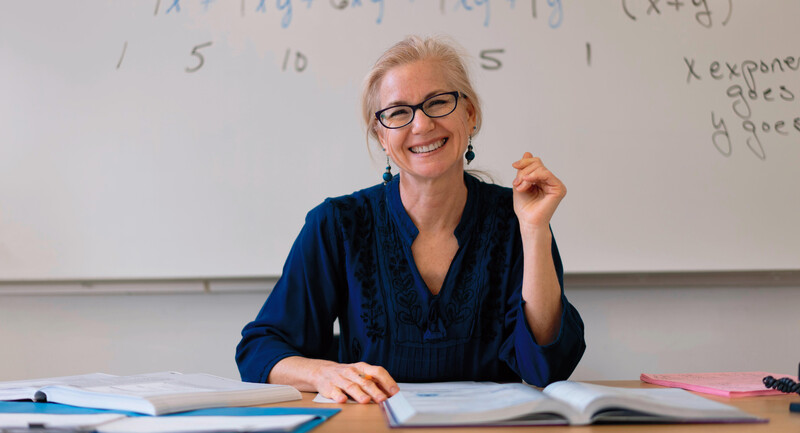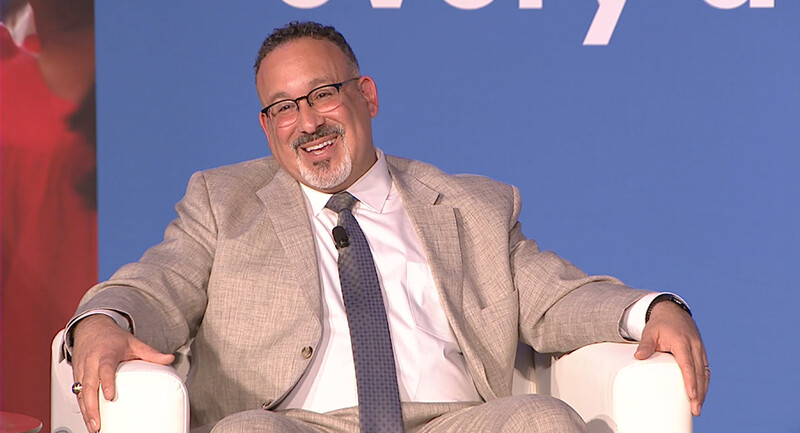There is a war on our youngest generation in the form of slavery. It’s real, hidden in plain sight, and tearing at the social fabric of every nation and economic structure. Slavery didn’t end with Emancipation Proclamation in the United States. Though it looks different today, it’s still very much alive in the 21st century – it’s reported that an estimated 40.3 million people are enslaved and an ever-growing percentage of that number is children.
No school, subgroup of student or socioeconomic group is immune. This modern-day slavery, known as human trafficking, is the illegal trade of human beings through recruitment, control, and use of people for their bodies and for their labor.
Human trafficking is…
- modern-day slavery.
- the fastest growing organized crime against humanity in the world.[1]
- a multi-billion dollar per year industry.[2]
- in over 170 countries, all 50 U.S. states.[3]
- an inhumane global injustice affecting our youth.
All communities, whether urban, rural, or suburban are vulnerable to this injustice. Our students are one of the highest-risk populations and traffickers are targeting them to become both victims and perpetrators. In fact, many child victims of human trafficking are students in the American school system.[4] School administrators and staff need to be aware that cases of child trafficking are being reported in communities throughout the nation. They also must get involved by educating themselves on the signs of trafficking that they can see and report. It’s going to take all of us to end this epidemic and protect our students.
Nelson Mandela once said, “Education is the most powerful weapon which you can use to change the world.” Our school personnel can be an integral part of the catalyst for change. “Everyone who is part of the school community—administrators, teachers, bus drivers, maintenance personnel, food service staff, resource officers, and other school community members—has the potential to be an advocate for child victims of human trafficking, but, first, school community members must learn the indicators of the crime, its warning signs, and how to respond when a student is an apparent victim”.[5] The U.S. Department of Education has developed Human Trafficking in America’s Schools, a free guide for school staff that includes information about risk factors, recruitment, and how to identify trafficking; what to do if you suspect trafficking, including sample school protocols and policies; and other resources and potential partnership opportunities.
Many organizations and even state legislatures in Ohio, Kentucky, and California, among other states, are rising up to equip and empower the educational community. A21 is a non-governmental organization that has been working for over ten years toward their mission of abolishing slavery everywhere, forever. They have teams in 12 countries fighting human trafficking, including sexual trafficking, forced labor, bonded labor, involuntary domestic servitude, and other forms of exploitation.
A21’s Education division has developed a free high school curriculum resource, Bodies Are Not Commodities (BANC)[6], that has been used in 42 states throughout the USA. Other projects involving their resources include a Baylor University[7] study on the BANC Curriculum; a Longitudinal study in Thailand to ultimately determine the impact prevention has on a community with A21’s Primary Program; and aligning BANC with South Africa’s curriculum to reach over 2 million students in 2019. A21 believes that education is the key to prevention, where awareness meets action.
Schools have the ability to realize their human agency, which is the capacity to act in the world as an influencer rather than a bystander; students and teachers can become agents of change who are discontent with the present injustice and look forward with a vision of what could be. The cost of reaching one student through education is significantly less than the cost of providing services to a child who has been trafficked.
Education is the key to prevention. Together, as a community of educators, let’s take action to safeguard our children.
About the author
Valerie Ellery has dedicated 30 years to the field of education in various roles as a National Board Certified teacher, curriculum and instructional specialist, mentor, literacy coach, professional developer, and best-selling author for International Literacy Association and ASCD. She serves as the Global Education Curriculum Specialist for A21. Valerie lives in Florida with her husband Gregg and has four adult children and two grandchildren. She is passionate about creating highly effective and safe schools.








